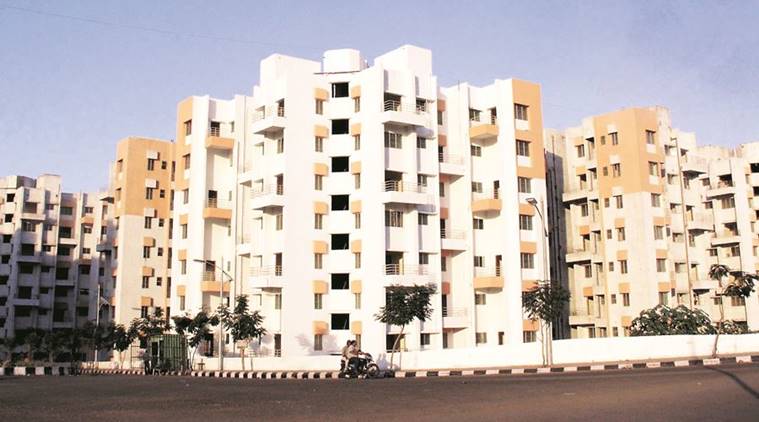What is the GST impact on real estate?

Are you a buyer and concerned how will it impact you? Will it reduce prices of residential real estate? Will the prices remain high? Are you a developer and are concerned about inputs and material costs? Here is how the new tax will impact you and the real estate sector
The Goods and Services Tax or GST was rolled out on July 1 this year by President Pranab Mukherjee and Prime Minister Narendra Modi. The new tax seeks to transform India with its “One Nation, One Market, One Tax” principle by subsuming a host of indirect taxes and implementing a simpler tax on goods and services. Whether you are a buyer, seller, developer, intermediary, financier or investor, GST will impact everyone in the real estate sector in many ways. Are you a buyer and keen to know if the prices of residential real estate post-GST will go down or not? Are you a developer and worried about inputs and material costs? Here’s a look at how the new tax will impact you and the real estate sector:
What is the impact of GST on real estate buyers and investors?
GST is expected to be a sentiment booster for the industry and will seek to revive buyer and investor interest by bringing more transparency in taxation. As the perception of the sector is said to have improved, the prices are likely to drop around one to three per cent if it all they do, according to a report by Edelweiss Securities.
The taxation earlier was too complicated for buyers. For instance, buyers were earlier liable to pay taxes depending on the construction status of the property and the state where it is located. Buyers also had to pay VAT, service tax, stamp duty and registration charges on purchase of an under-construction property. However, if the purchase was for a completed property, the tax applicable were stamp duty and registration charge. Furthermore, since VAT, stamp duty and registration charges were state levies, each state specified its own figures. Service tax was a central levy and was charged on construction. So the calculation of taxes was very tedious in the earlier regime. GST charges all under-construction properties at 12 per cent of the property value. This excludes stamp duty and registration charges. No indirect tax is applicable on sale of ready-to-move-in properties hence the tax will not apply to those. The biggest takeaway is that GST is a simple tax that applies to the overall purchase price.
A developer could take input credits on sale of under construction property against the taxes that are paid by the buyer. Earlier, VAT and service tax used to account for nearly nine per cent of the ticket price of the property. Since that will be lower than the GST applied to the sector, the builder will have to pass on the benefit of the price reduction to the buyer. The price reduction is on account of the input tax credits that the builder enjoys.
Benefit to Developers
If you are a developer, you were earlier charged for Central Excise Duty, VAT and entry taxes collected by the state on construction material costs. Further, you had to pay a 15% tax on services like labout, architect fees, approval charges, legal charges etc. Your tax burden was transferred to the buyer eventually. However, under the new regime, the changes in construction costs are not grave. Furthermore, reduced cost of logistics will result in reducing expenses as well. The input tax credits will also help you increase profit margins and it will be a simpler tax to work with.

Try HostBooks
SuperApp Today
Create a free account to get access and start
creating something amazing right now!















